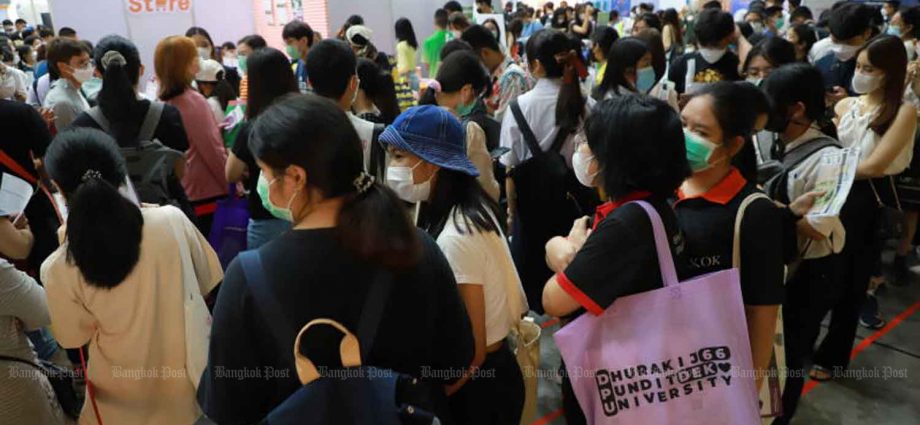
Locals should get involved in city development, says Bangkok Metropolitan Administration (BMA) deputy chief Sanon Wangsangboon.
He was speaking at a recent forum on New Generation Urban Change-Makers and User-Generated Cities.
Younger members of society should get involved in the planning and thinking process now because they will have to live with the consequences of decisions taken by a present government later down the line, he said.
People who do field work are currently in short supply but needed in city development, as visiting the actual location and speaking to locals to gain feedback are fundamental to the job.
The deputy governor also encouraged young people to start small. “If we want our hometown to be like we want it to be, you must start with yourself; for example, as a powerless young person, you can at least clean the street nearby.”
The idea is to empower councils and young civic leaders to experiment and manage the city, he said.
”A generation gap prevents the young from expressing their opinions and needs; unfortunately, the current generation’s voice is all too often unheard,” he said.
Maneewan Amornwatthanapong, a student at Thammasat University’s Faculty of Architecture and Planning, stressed the importance of local access to information.
“The locals are the people who use the place, so their opinions are crucial,” Ms Maneewan said. “That makes visiting the location and talking to residents important.”
Obtaining local information could be a challenge in some cases, added Apisara Heangsa, a representative from ReThink Urban Spaces (RTUS)-Bangkok
Getting honest opinions requires a particular social skillset, and many youngsters in the Thai education system are not equipped to express themselves.
Ms Apisara said she discovered that using activities and games could yield results in this area.
“I let them draw the imaginary hero that they needed; one kid drew a hero that could turn into a chair, which made us realise the locals wanted more seats around the playground,” she said.

